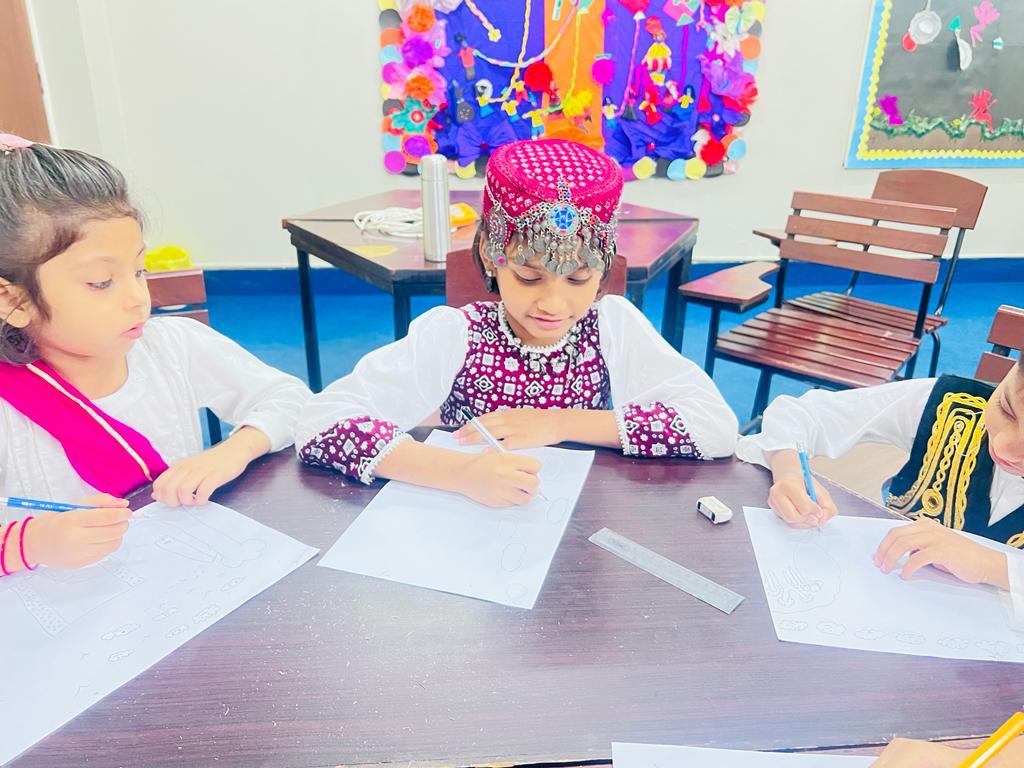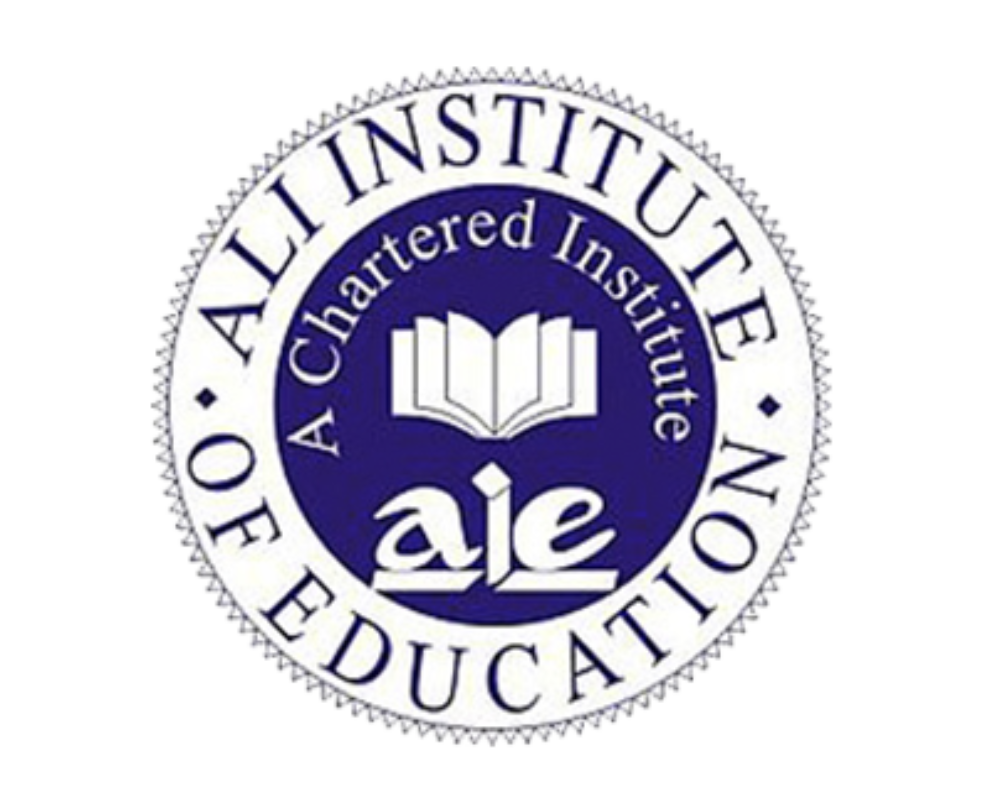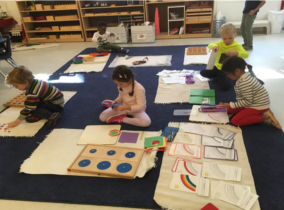Montessori Education: Principles, Practices, and Effects Explored

Exploring the Montessori Education Teaching Program: Principles, Practices, and Impact
Are you curious about Montessori education and its impact on learners? Developed by Dr. Maria Montessori in the early 20th century, this renowned special education approach prioritizes individualized instruction and a holistic, child-centered learning environment.
But what exactly are the key components of Montessori education teaching programs?
How does its teaching program differ from conventional methods, and what effects does it have on academic and socio-emotional development? Let’s explore these questions in detail.
The Core Principles of Montessori Education
Principally, Montessori education holds several core principles: it engages in a more child-centered approach, thus making it possible for them to meet their needs and interests at the pace at which each can handle their studies and be attended to more fully.
In the Montessori education teaching program, teachers are guides who observe the students and help them explore the material and concepts to the student’s developmental level and interest—secondly, a prepared environment.
A classroom prepared with full consciousness to develop independence, explore, and discover at the child’s part has age-related material well arranged with the highest order to offer an order of beauty and harmony.
The Montessori classroom emphasizes direct, hands-on learning experiences using unique, self-correcting materials.
It would allow children to participate in learning involving error or trial, exploration, and manipulation.
Mixed-age grouping is another typical setting of a Montessori environment.
In this way, both opportunities for cooperative work and peer learning are ensured at the same time, allowing a strengthening of closeness between children among each other and, in the meantime, promoting the development of social and emotional relations.
Finally, Montessori children are free to choose and complete their work independently within a framework of clearly defined boundaries that are constantly expanding.
The Montessori education teaching workshop provides comprehensive training for educators, equipping them with the necessary skills and knowledge to effectively implement Montessori principles in the classroom.
Which helps educators develop self-discipline, responsibility, and intrinsic motivation in students.
Teaching Practices in Montessori Education
Montessori teachers are often referred to as guides or facilitators.
This is important in creating a rewarding learning environment and promoting growth.
They employ different teaching methods, such as online Montessori education programs, to enhance student learning.
First, they observe their learners closely to identify their interests, strengths, and areas where they need improvement.
Core principles of Montessori philosophy enable educators to develop skills that cater to individual needs. In addition to guiding students in their exploration, another critical aspect of the Montessori education teaching program is providing support.
Students are encouraged to build upon their existing knowledge and skills, fostering continuous growth and development.
This support is enough for students to solve problems independently and build confidence.
Montessori education is a teaching philosophy where the teacher adopts a hands-off approach and intervenes only when necessary.
As per the fundamental beliefs in Montessori teaching, teachers provide students guidance, clarification, or direction while respecting their independence.
Additionally, the teacher acts as a role model to students by showing respect, kindness, and cooperation with others, thus building positive social relationships and imparting conflict-resolution skills.
Furthermore, assessment in Montessori education is continuous and focuses on the totality of child development.
Impact of Montessori Education
Research has demonstrated that children taught through Montessori approaches typically portray a list of benefits in different domains.
Firstly, students enrolled in the Montessori education teaching program typically demonstrate strong academic performance across various domains, including high proficiency in reading, mathematics, critical thinking, and problem-solving skills.
Another feature of the Montessori system is to encourage natural social and emotional learning.
This includes acquiring skills in cooperation, empathy, communication, and self-regulation. Students learn to work cooperatively in groups, solve conflicts, and build a healthy self-concept.
The Montessori classrooms also allow for creativity, independence of imagination, and independent thinking; hence, they develop a love for learning and innovation later in life.
Lastly, Montessori education inculcates an initiative, curious, and independent attitude in learners to become active, involved learners who own their educations and seize learning opportunities both within and out of the classroom.
Montessori education is a system of learning that progresses based on child-centered learning and, in the process, develops each learner in a total perspective approach.
Key tenets of the Montessori approach include fostering independence, promoting hands-on learning experiences, respecting the child’s natural development timeline, cultivating a prepared environment, and encouraging freedom within limits.
Montessori education entails learning that includes various principles to enhance children in directing their learning, hands-on exploration, and mixed-group provision to enable learners to develop in every respect of academic, social, and emotional success.
Dr. Maria Montessori’s legacy endures, inspiring educators to new heights with the profound, generational impact of Montessori Education.
It aims to go beyond standardized tests or grades.
The tools used by teachers to assess the progress of learners include observation, student portfolios, and conferences.
Through these methods, teachers can determine whether students learn as they are taught.




